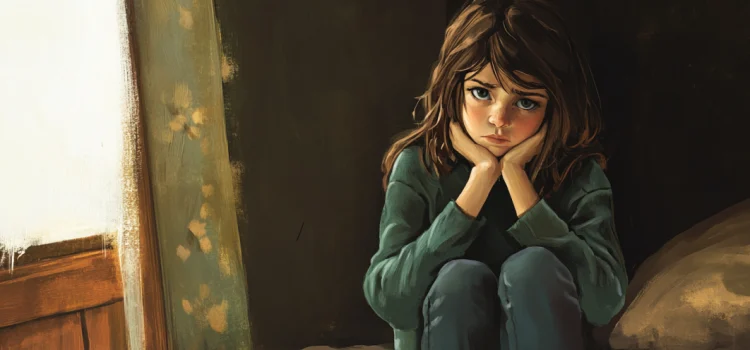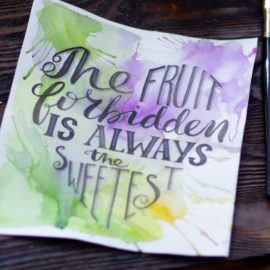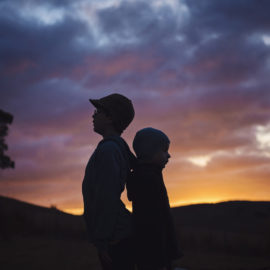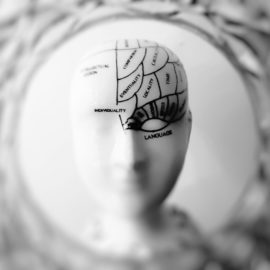
Does your child see themself as a victim? How can you avoid instilling learned helplessness in children?
As a parent, if you indulge in your child’s self-pity then you’re instilling a victim mentality in them. Instead, help your child acknowledge their failures and work through them.
Here’s a look at how to raise self-confident children, from 13 Things Mentally Strong Parents Don’t Do by Amy Morin.
Mentally Strong Parents Don’t Enable Victimhood
Children who don’t yet have the skills to cope with hardship and discomfort often play the victim; they exaggerate their failures, overstate their pain, and insist that they can never succeed because the whole world is against them. Morin says that you shouldn’t indulge that kind of self-pity because then your child might never grow out of their victim mentality—psychologists refer to this mindset as learned helplessness in children.
Therefore, the author recommends encouraging your kids to learn and grow from their struggles. For instance, you might help them figure out why things went badly and how they can avoid that problem in the future. You can also guide them toward positive, productive action to improve their situation. Then, instead of learning that they’re a helpless victim of an unfair world, your child will learn that they can always improve and try again.
| How Learned Helplessness Develops, and How to Overcome It In Awaken the Giant Within, Tony Robbins—drawing in part from the work of psychologist Martin Seligman—goes into more detail about what learned helplessness is and how you can start to overcome it. In brief, Robbins says learned helplessness is a habit of over-generalizing mistakes and failures. He explains that people with this mindset have three key thought patterns: They believe that problems are permanent (unsolvable), pervasive (affecting many areas of their lives), and personal (a sign that something is inherently wrong with them). For example, if your child fails a history test, they might say something like “I’m bad at history.” Such a statement generalizes that one failure into a personal weakness that can never be overcome; the child is really saying that they’re inherently bad at history (personal), they will always be bad at history (permanent), and therefore they’ll fail at anything that requires historical knowledge (pervasive). However, Robbins also offers a simple way to start breaking out of a learned helplessness mindset: Identify a problem that you can solve right now—any problem at all—and then solve it. By doing so, you’ll start to teach yourself that you’re not helpless, and you can create positive changes. Therefore, if your child is slipping into a victimized mindset, help them to identify such a problem and let them fix it; you can then point out that they’re clearly not as helpless as they think. |






